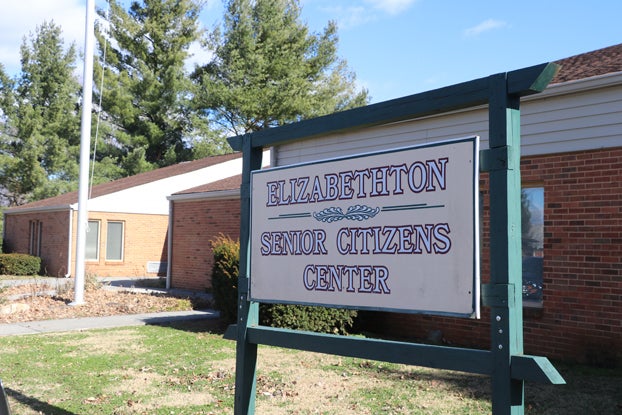Effects expected from Federal Rate hike
Published 7:58 am Tuesday, December 22, 2015
The Federal Reserve raised its key interest rate this week for the first time in nearly a decade.
The hike is said to reflect increasing economic health and is expected to have a gradual effect on borrowers, lenders, savers and retirees.
The rate was raised from a range of 0 to 0.25 percent to a range of 0.25 percent to 0.5 percent. Historically, the Fed has maintained a four to five percent key interest rate, which is how much short-term interest a bank pays on loans from the Fed.
This affects how much interest banks charge on money that they lend and may prove beneficial in various pockets of the economy. The sentiment of the Fed and numerous economic gurus is the rate increase is a sign of economic recovery.
“The Fed is finally feeling like the economy is healthy enough to take this without slowing or stopping the economy,” said ETSU Economics Professor Douglas Dotterweich.
The purpose of the increase is to curb excessive spending that results from economic growth, which can lead to inflation if production does not keep pace with purchasing.
“Too much money chasing too few goods leads to inflation, and then the money you earn is worth less,” said Dotterweich.
The country has recovered significantly from the recession and is nearing full employment, and this added comfort leads to a trend of greater spending, he said. This growing demand leads to increasing prices and a potentially lower value for the greenback.
Over the last nine years, Dotterweich said, people have enjoyed low interest rates, but these make it difficult for the Fed to conduct policy. In a recession, the economic plan is for the government to spend more and reduce taxes, but he said the government has not been able to do that with the key interest rate at almost zero.
Federal Reserve Chair Janet Yellen has said the increases will be gradual. Dotterweich said rates may increase again as early as March, but only by 0.25 percent.
“I think this was long overdue,” said Dotterweich. “They were split on what to do for a while, but the Fed has said this will be very gradual, and if they see that it has increased too much and the economy is slowing, they can ease off. It’s a good balance.”
Consumers should consider the following:
For auto and home buyers, Dotterweich said it may make sense to consider doing it sooner rather than later, though there is no rush, since increases are expected to be gradual.
Because fixed-rate home mortgages depend primarily on inflation, he said it is likely that they will be unaffected, but adjustable rate mortgages may increase slightly. He advised locking in a fixed rate mortgage, despite the initial cost.
Borrowers may find it more expensive to get a bank loan, he said, or the bank may not want to make a loan because it is more expensive for them. Banks must make a profit on what they loan, so to maintain that profit margin between what they borrow and lend, they must increase rates to their borrowers, which can affect lending in different ways.
“The Fed can influence the supply of money, but it can’t influence demand,” said Dotterweich. “That depends on whether banks want to lend or to hold onto it, but if they feel confident, they may make more loans.”
For people with adjustable rate loans, like credit cards, adjustable rate mortgages or home equity lines of credit, he advised refinancing or paying down the balance while rates are low.
“People may notice their credit card terms changing over the next few months to a slightly higher interest rate if they carry a balance each month,” he added.
In general, he said borrowers are the ones who tend to get hurt when rates increase, while savers tend to benefit.
Lenders may enjoy the perks because even though they pay more to borrow from the Fed, they gain more in the long term from higher interest rates to their borrowers.
Just after the Fed raised rates Wednesday, many of the nation’s largest banks announced they would be increasing rates for their clients as well.
Savers may see better returns over time, as opposed to the zero interest they have received in recent years, but gains are expected to begin very gradually.
“They may not see a benefit because while banks will get a better return, they may not want to pass it along to savers,” said Dotterweich. “Savers can wait for increases or they can move some of their money into a bank with higher returns, but that can be a hassle.”
Retirees may benefit because they tend to have fixed investments which will begin to gain interest, he said.
Travelers may enjoy the increase because it gives the greenback more power internationally. Unfortunately for American companies that sell products abroad, it makes their products more expensive, but he said it does incentivise other countries to invest in our economy.





